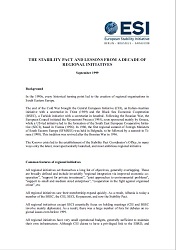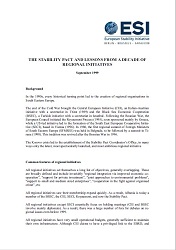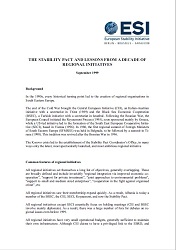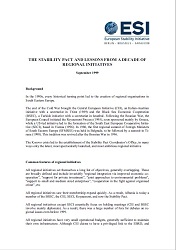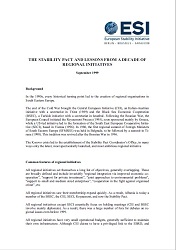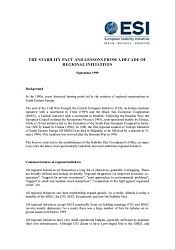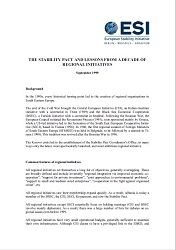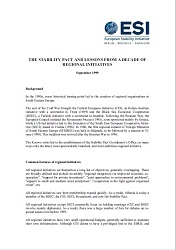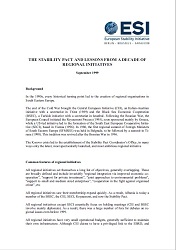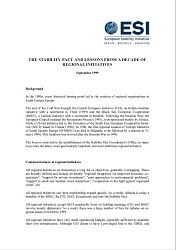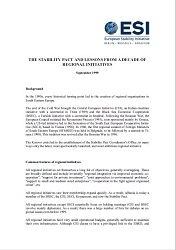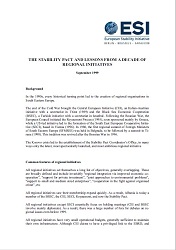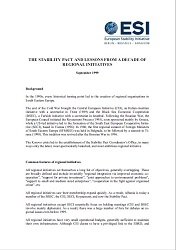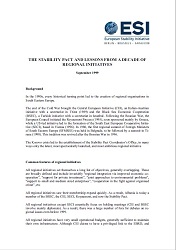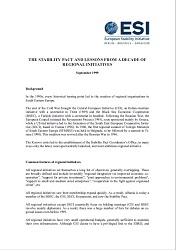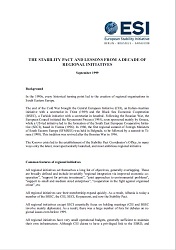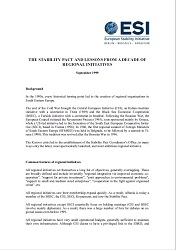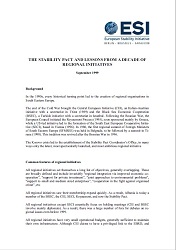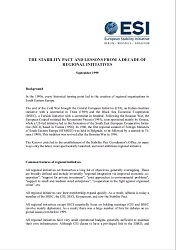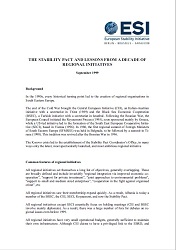Interim Evaluation of Reconstruction and Return Task Force (RRTF). MINORITY RETURN PROGRAMMES in 1999
Author(s): Author Not Specified / Language(s): English
Keywords: Bosnian refugees returm;
Building on the often frustrating experience of the first two years of the peace process, the RRTF developed a methodology to support minority returns which, in the course of this year, following the expansion of the RRTF field network, it has applied consistently throughout the country. This methodology consists of locating "return axes", identifying groups of displaced persons eager to return and working with them; following the flow of returns, responding to unexpected movements of displaced persons when they attempt to return home off their own bat with flexible, financial aid; negotiating "beach-head" returns, brokering deals by which returnees can establish themselves in their former communities; identifying security risks, anticipating problems so as to be able to defuse delicate situations; and information management, monitoring events on the ground closely and sharing knowledge among the international agencies.In response to the many obstacles to refugee return encountered during the first year and a half of the Bosnian peace process, an inter-agency body, the Reconstruction and Return Task Force or RRTF, was created to oversee the process. Largely as a result of the work of this body and the efforts of its staff, the numbers of minority returnees, that is members of an ethnic group other than that controlling the territory, as well as the destinations to which they are going have steadily increased in the course of the past two years. While overall figures remain disappointing, 1999 has seen the opening of many hitherto closed areas for minority returnees. This paper seeks to assess the RRTF’s performance during 1999. It examines RRTF structures, that is the origins and concepts behind the RRTF; the methodology and delivery mechanisms employed by the RRTF; relations between the RRTF and donors; and the various external constraints on operations. It evaluates the RRTF’s 1999 programmes considering returns to vacant areas, so-called phase one returns, as well as returns to contested space. And it concludes with an analysis of the tasks facing the RRTF next year.
More...
